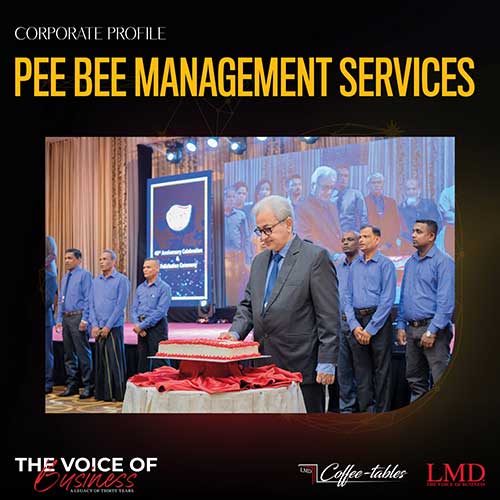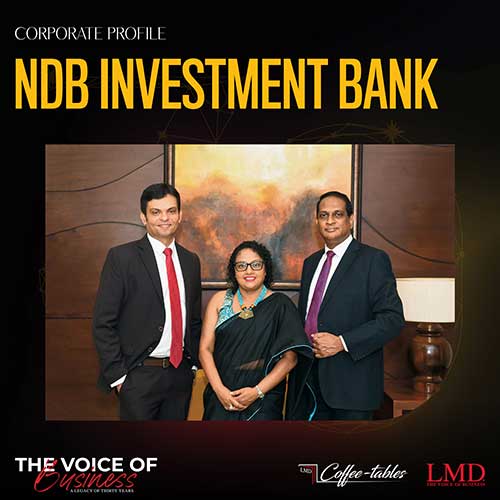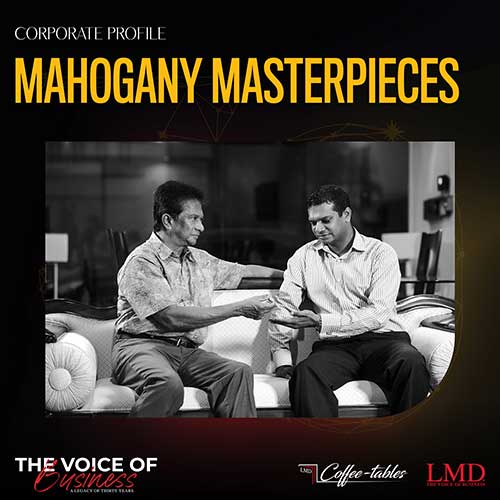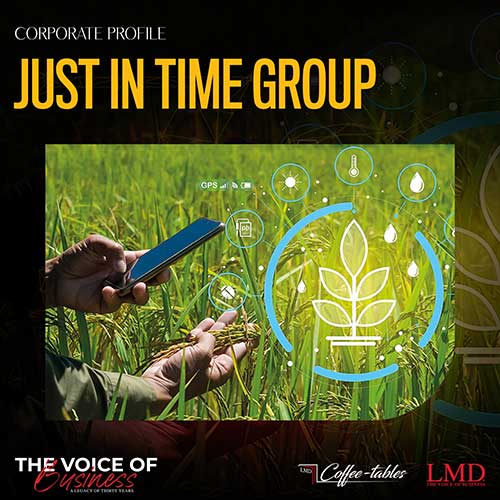WAR AND PEACE
THE NATIONAL INTEREST
Dr. Jehan Perera illustrates the need to pursue peace and reconciliation in present-day Sri Lanka

The war was at its height in 1994 when LMD’s founder Hiran Hewavisenti invited me to write for the magazine he was about to launch. My writing at that time focussed on the war in the north.
Jaffna was under Liberation Tigers of Tamil Eelam (LTTE) control and the war showed no signs of ending. The government was struggling to retain its authority over vast swathes of the north and east.
The government, the mainstream media and most opinion leaders described the ongoing conflict as a terrorist war with the implication that it needed a military solution. In this context, the invitation to join the LMD panel of writers was courageous. It was unusual for a business and leisure magazine to want to take on a controversial topic and perspective. It made LMD a magazine with a difference.
Thirty years later, the situation in the country is very different.
The war ended 15 years ago on the military battlefield rather than through the negotiated political settlement that I advocated in my writing. With the passage of time, much of the mistrust and suspicion that separated people of different ethnicities and religions from one another has been much reduced.
In particular, the economic crisis that hit the country in 2022 – and by and large continues to this day – has made most people realise that the main enemy is not the other community but the system of government that enables corruption and impunity to prevail.
The focus has shifted to the need for ‘system change’ in which decision makers are held to account to make the correct decisions – not ones in their self-interest but in the national interest.
In the current context, LMD continues to play an important national role in giving voice to the demand for change and forging public opinion in the national interest. The best minds in the country are to be seen in the pages of LMD, devoting their attention to addressing the challenges to democracy and restoration of the national economy.
And in the face of the new crises that have taken centre stage, the ‘ethnic conflict’ has receded into the background. The war may have ended 15 years ago but the conflict continues.
It remains unresolved as seen in the ongoing large military presence in the north and east where the bulk of the military still remains. And it remains unresolved in the unfulfilled promises of government leaders to institute changes on the ground that win back the trust of the people.
Most countries that ended their internal conflicts through military means have achieved peace that’s unstable. More often than not, they relapse into conflict that divides the people, and detracts from the task of nation building and economic development.
There needs to be a consensus on creating the enabling environment for state mechanisms to have credibility and work effectively. LMD remains far seeing in continuing to devote space to themes of peace and reconciliation 30 years on.





